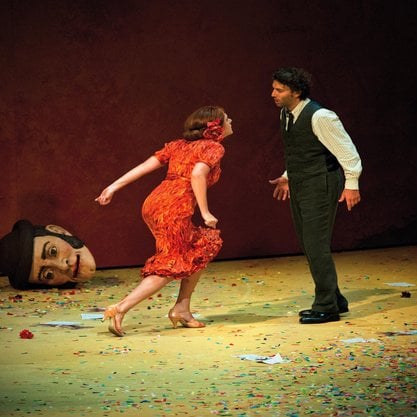Article
Shelem Yankev Abramovitsh 1835–1917 By Mahalel, Adi
Article
Above, Shelem Yankev Abramovitsh (1835–1917), commonly known by his literary persona Mendele Moykher-Sforim (Mendele the Book Peddler), is considered to be the founding father of both modern Yiddish and modern Hebrew prose literature. Born in the town of Kapulye (Kopyl) in Belarus, he lived significant parts of his life in the Eastern European cities of Berdichev and Odessa. While in Berdichev, he published his first novel, Limdu hetev (Learn to Do Well). Published in Hebrew in 1862, this work was a product of the Jewish Enlightenment, i.e. the Haskalah, with its didactic tone and its emphasis on the need for reform in Jewish education. He twice rewrote and republished Learn to Do Well, first in 1868 and again from 1909–1912. Such revisions were typical of Abramovitsh throughout his long writing career, and also characterized his adaptations of his own works from one language to another. He adapted many of his early novellas to full-fledged novels in Yiddish and in Hebrew. He also adapted science books into Hebrew, as part of his “enlightening” project.





